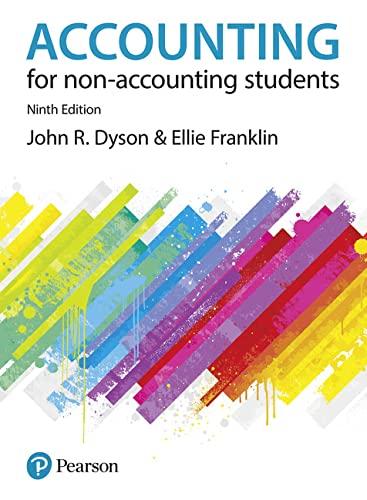BUSINESS CONCERTS AND DREINTRINS 1. Felipe This refers to the king of ridsinstalling 2. Entrepreneurship The act of combining all the other factor of production et land capital in the molestablishing a profitable venture for the protection ofgehalte 3. Barter The schoof one for the 4. Profit The samplifunds which remain allerlexpenses ve been cred 5. The sticht when we chwe all expemes The buying and engageant 7.Org Asocial arrange which pres collective pools such as the production The system with a cery which determine the production, exchanged Cantie of goods and service Prade Any individual organistice which makes peals and service 10. Cremer Any individual ar arganito liches pueden service 11. Exchange The voluntary rade of goods and 12. Good Tangible product which have been producede care ceringe There are different types of Free good-These we will tell without change. They Publik proda- These we ponds which can be connumed by all and wallpad for by tartimi by pod Meriped Teegada com peide benefits to the comme well as the rest of city den 18. Service: Interphile place which have been productes. banking transportati net 14. Mark Any place where byen and come to trader referred to as the demand for product 1. City Any maladie 14. Capital Moacy is with too studio resto mweupeut, machinery) used to create a produk 17. La This thesis combine the creatief gehal 18. Spintos This is the more pecific tank. A whole process is divided into This paper percuma e inevity andere Entrepreneur Crossword Puzzle | Across Down 4. Customers desire for a product or service. 1. The act of being an entrepreneur and creating a business. 8. Someone who provides money or resources for a business, with the 2. in the US, a business containing fewer than 500 employees. expectation or financial return or other gain. 3. The goals, purpose, and work a business hopes to accomplish. 9. Someone who organizes, manages and takes on the risk of starting a 5. One who purchases a product or service. new business. 6. Work done for pay that benefits someone else. 11. Placing a number value/worth on a product. 7. The size, sum, or amount of countable or measurable products, 12. Money that is made/lost in a business after all costs and expenses expressed as a numerical value. are paid 10. Something produced or manufactured to be sold; a good. 3. Barter: 6. Trade: BUSINESS CONCEPTS AND DEFINITIONS 1. Enterprise: This refers to the taking of risks in establishing a business. 2. Entrepreneurship The act of combining all the other factors of production (land, labour and capital) with the aim of establishing a profitable venture for the production of goods and services, The exchange of one good service for another 4. Profic: The surplus funds which remain after all expenses have been covered. 5. Loss: The situation which exist when total sales are not enough to cover all expenses. The buying and selling of goods and services 7. Organisation: A social arrangement which pursues collective goals such as the production of goods and services Economy: The system within a country which determines the production, exchange and consumption of goods and services 9. Producer: Any individual or organisation which makes goods and services. 10. Consumer: Any individual or organisation which uses goods and services 11. Exchange: The voluntary trade of goods and services 12. Goods Tangible products which have been produced, eg. car, rice, clothing etc. There are different types of goods Free goods- These are available to all without charge. They are gifts of nature c.g. ait, sca, sunshine etc. Public goods. These are goods which can be consumed by all and are usually paid for by taxation Consumption by one person does not exclude consumption by others. Eg national defence Merit goods- These goods can provide benefits to the consumer as well as to the rest of society eg health services and education. 13. Service: Intangible products which have been produced, c.g. banking. transportation, insurance etc. 14. Market: Any place where buyers and sellers meet to engage in trade. It is also referred to as the demand for a product, 15. Commodity: Any final good used for some purpose. 16. Capital: Money which is used in the organisation to acquire assets. It also refers to items (factories, equipment, machinery etc.) used to create final products. 17. Labour: This is the physical and mental contribution of individuals to the creation of goods and services. 18. Specialisation: This is the division of labour into specific tasks. A whole process is divided into several tasks. This helps to speed up the process and may result in an increase in productivity and a decrease in unit cost Entrepreneur Crossword Puzzle | Across Down 4. Customers desire for a product or service. 1. The act of being an entrepreneur and creating a business. 8. Someone who provides money or resources for a business, with the 2. in the US, a business containing fewer than 500 employees. expectation or financial return or other gain. 3. The goals, purpose, and work a business hopes to accomplish. 9. Someone who organizes, manages and takes on the risk of starting a 5. One who purchases a product or service. new business. 6. Work done for pay that benefits someone else. 11. Placing a number value/worth on a product. 7. The size, sum, or amount of countable or measurable products, 12. Money that is made/lost in a business after all costs and expenses expressed as a numerical value. are paid. 10. Something produced or manufactured to be sold; a good











